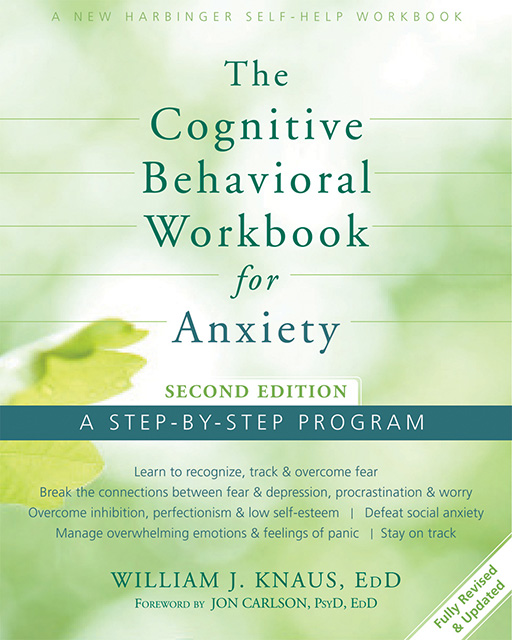By William J. Knaus, EdD
Your office decor sends subliminal as well as clear visual signals to your clients. So, how your office looks is an important part of the atmosphere you create for your clients. If your space looks cluttered, this suggests you have problems keeping yourself organized.
What types of office decor helps foster client calmness and openness? Intuitively, we know that some nature scenes are pleasing. Looking at an ocean landscape is more relaxing than viewing an asphalt parking lot. Here, science reinforces intuition. Over forty years of landscape, social, and psychological research shows that specific nature scenes aid clear thinking and speed recovery from stress.
These serenity scenes include:
- Open spaces
- Clear waters
- Green areas
- Blue skies
- Open plains
- Complexity
Serene scenes are landscapes that show opportunities to survive and thrive, and are free of human-made structures or materials. A pristine ocean landscape fits the criteria for a serene scene. A cascading brook that bends into a wooded area suggests complexity and thriving that can fuel curiosity. Our responses to these scenes appear hardwired.
A few strategically placed photos of nature scenes may complement your efforts to create a safe, empathic, non-judgmental therapeutic atmosphere. If you haven’t already done so, consider adding nature photos to your office that feature at least four of the above serenity scenes.
For more tips on serenity from a patient perspective, check out William J. Knaus’s Psychology Today Blog post “Four Steps to a Calmer, Confident, Creative, Capable You”.
 William J. Knaus, EdD, is a licensed psychologist with more than forty years of clinical experience in working with people suffering from anxiety and depression. He has appeared on numerous regional and national television shows including Today, and more than one hundred radio shows. His ideas have appeared in national magazines such as U.S. News and World Report and Good Housekeeping, and major newspapers such as the Washington Post and the Chicago Tribune. He is one of the original directors of training in rational emotive behavior therapy (REBT). Knaus is author of twenty books, including The Cognitive Behavioral Workbook for Anxiety, The Cognitive Behavioral Workbook for Depression, and The Procrastination Workbook.
William J. Knaus, EdD, is a licensed psychologist with more than forty years of clinical experience in working with people suffering from anxiety and depression. He has appeared on numerous regional and national television shows including Today, and more than one hundred radio shows. His ideas have appeared in national magazines such as U.S. News and World Report and Good Housekeeping, and major newspapers such as the Washington Post and the Chicago Tribune. He is one of the original directors of training in rational emotive behavior therapy (REBT). Knaus is author of twenty books, including The Cognitive Behavioral Workbook for Anxiety, The Cognitive Behavioral Workbook for Depression, and The Procrastination Workbook.


 Why Journaling Is Especially Helpful to Adult Children of Emotionally Immature Parents
Why Journaling Is Especially Helpful to Adult Children of Emotionally Immature Parents